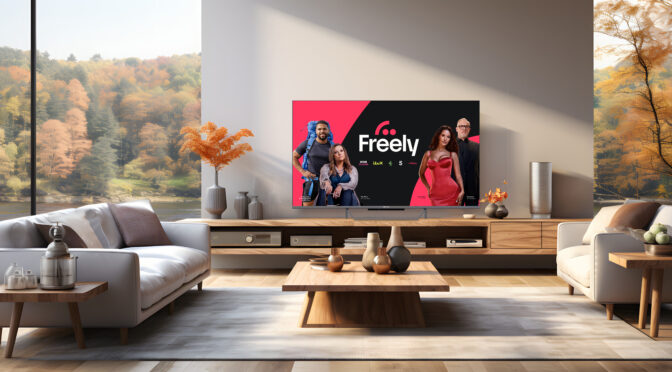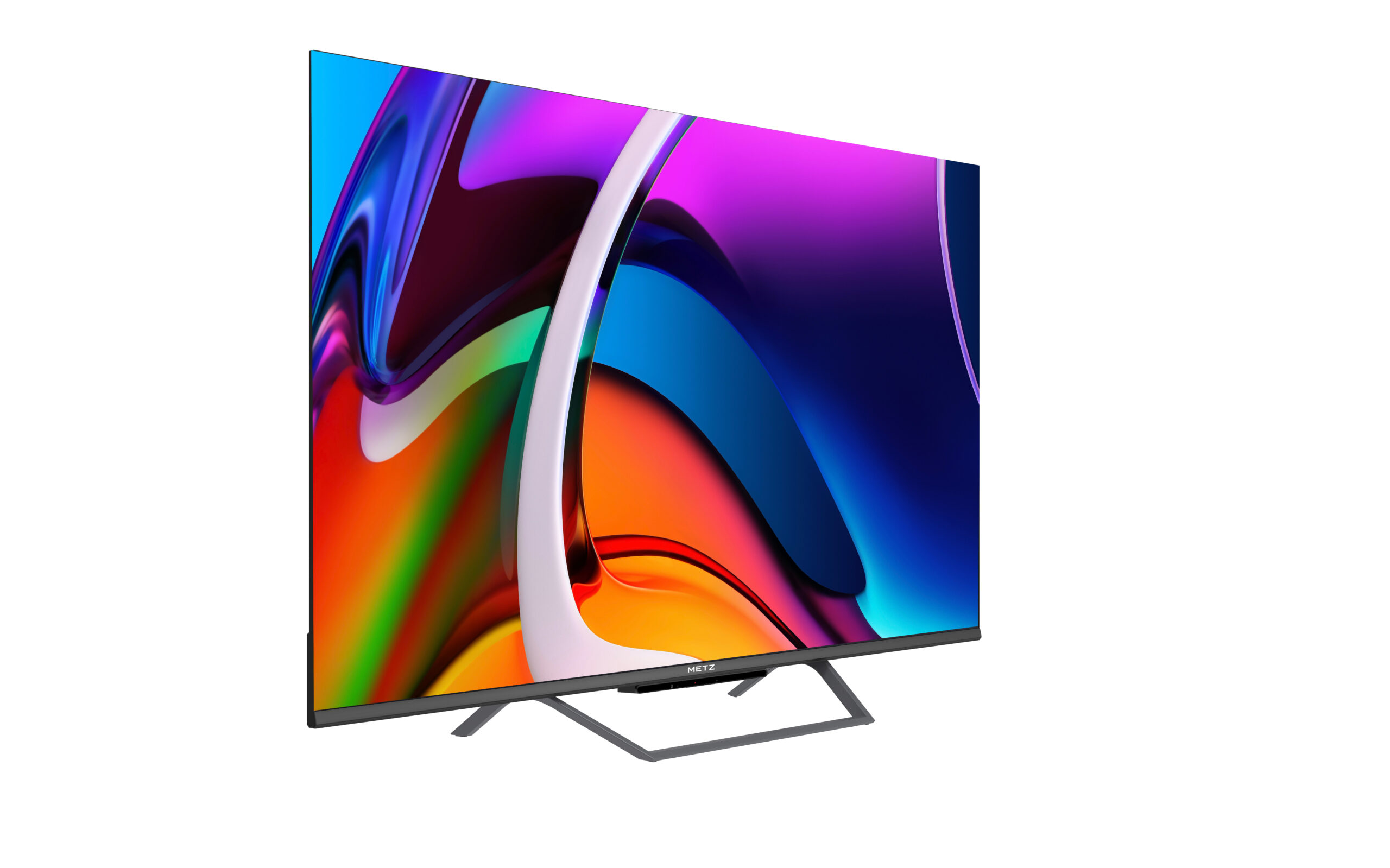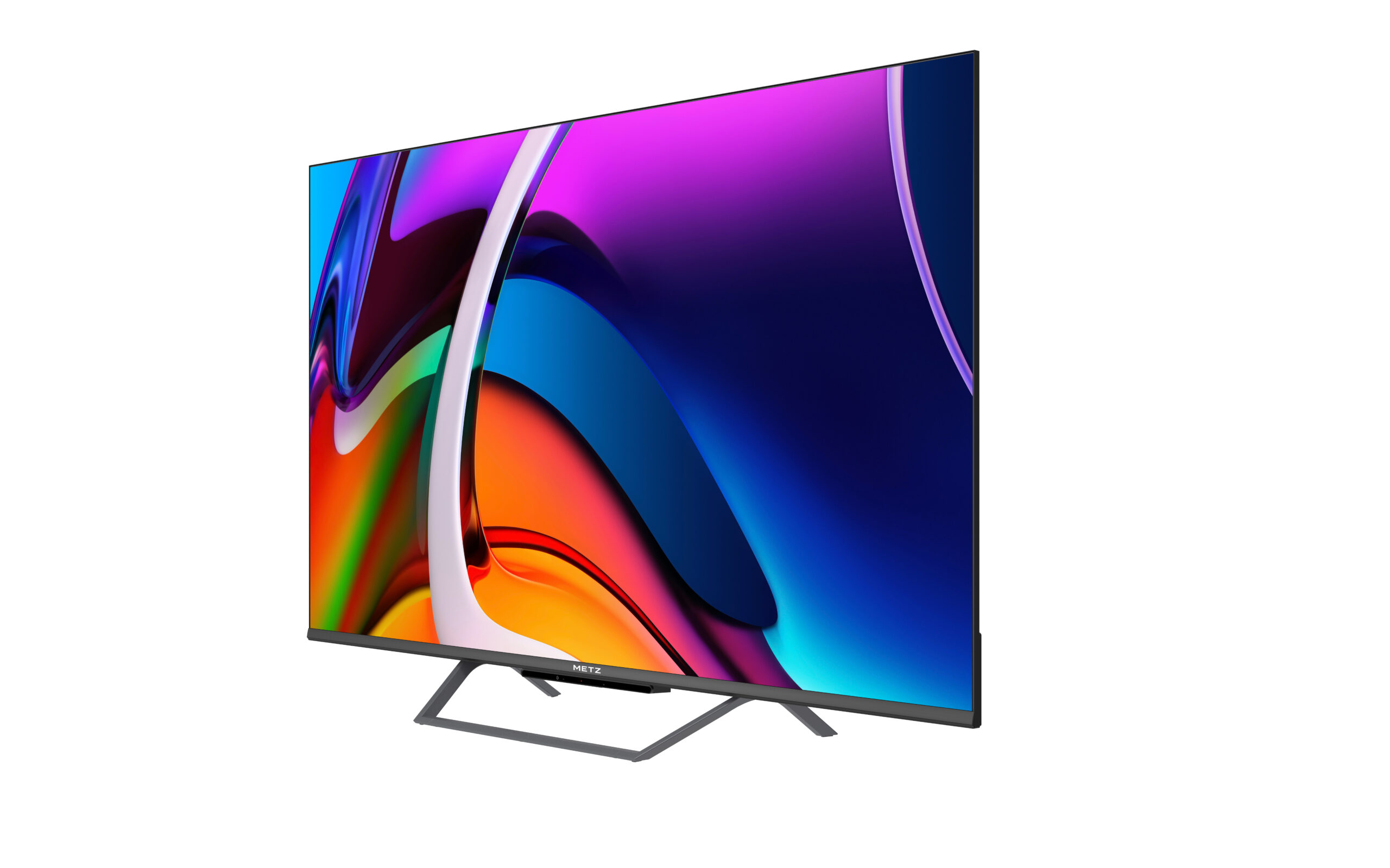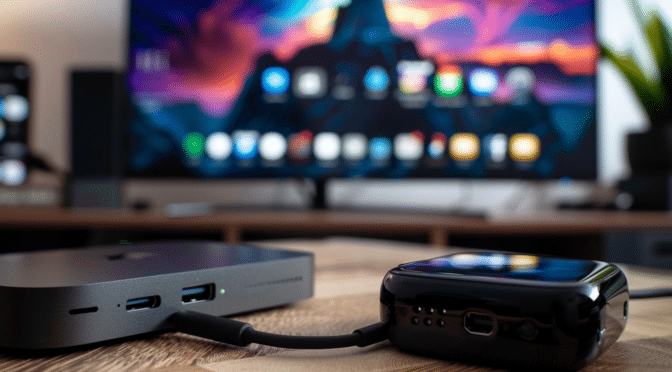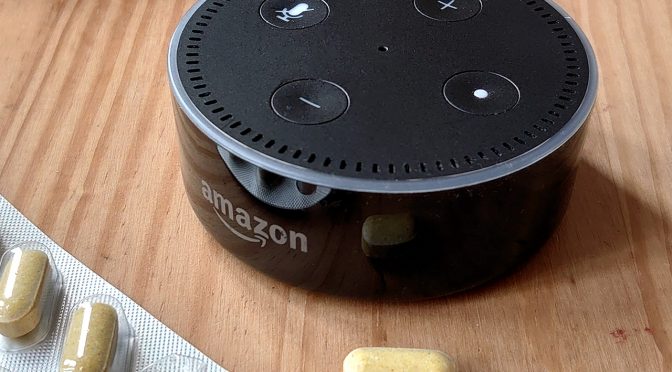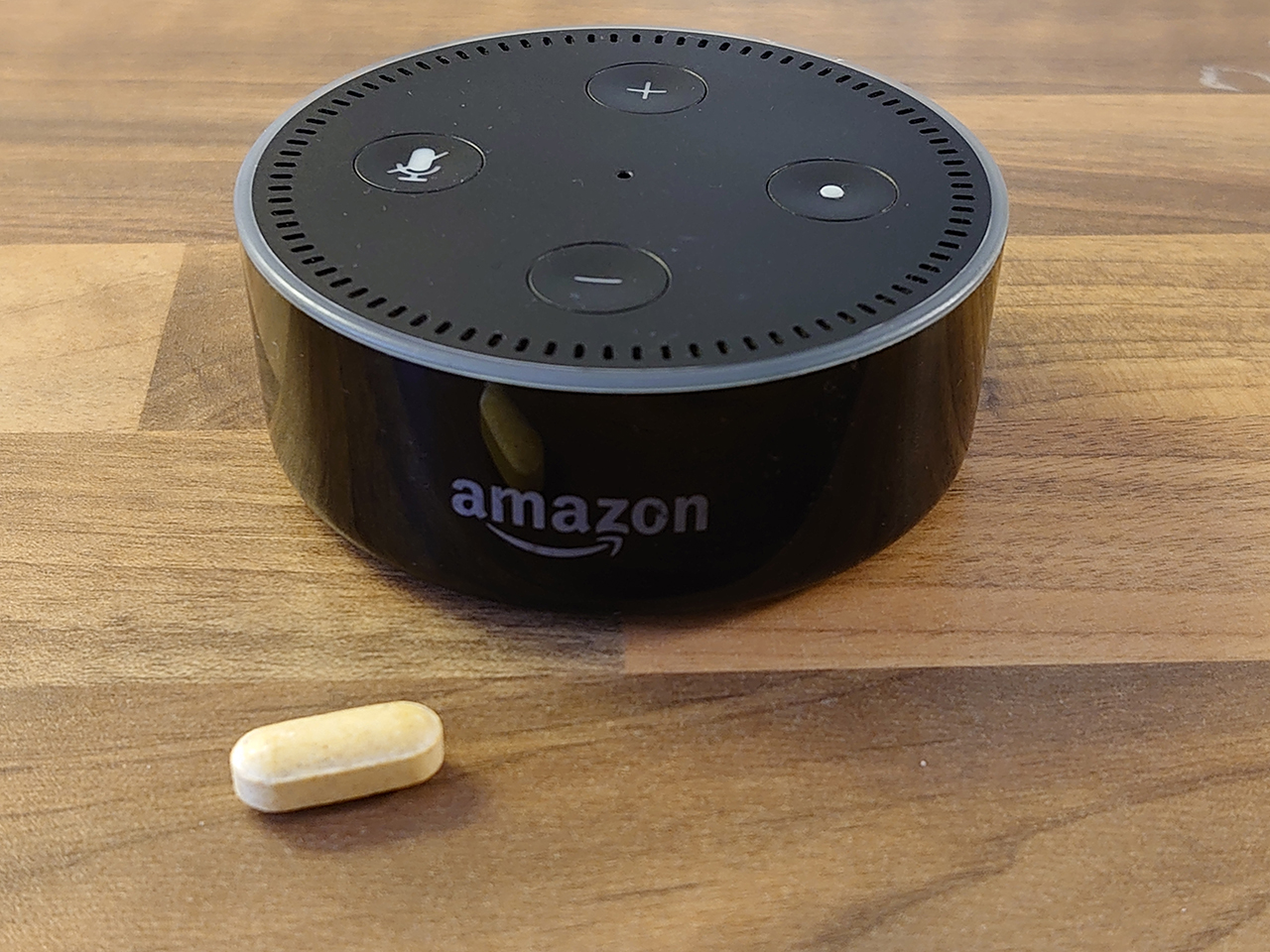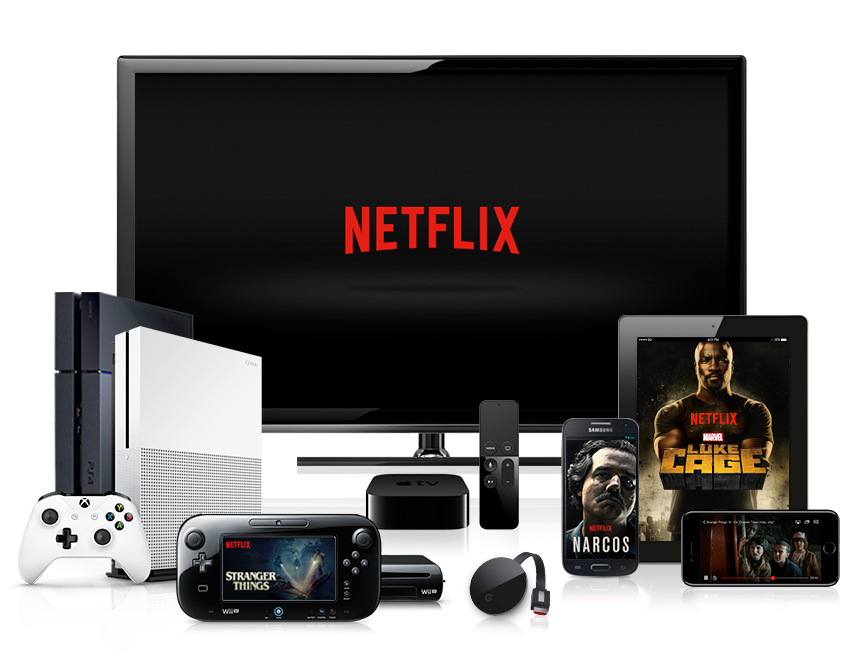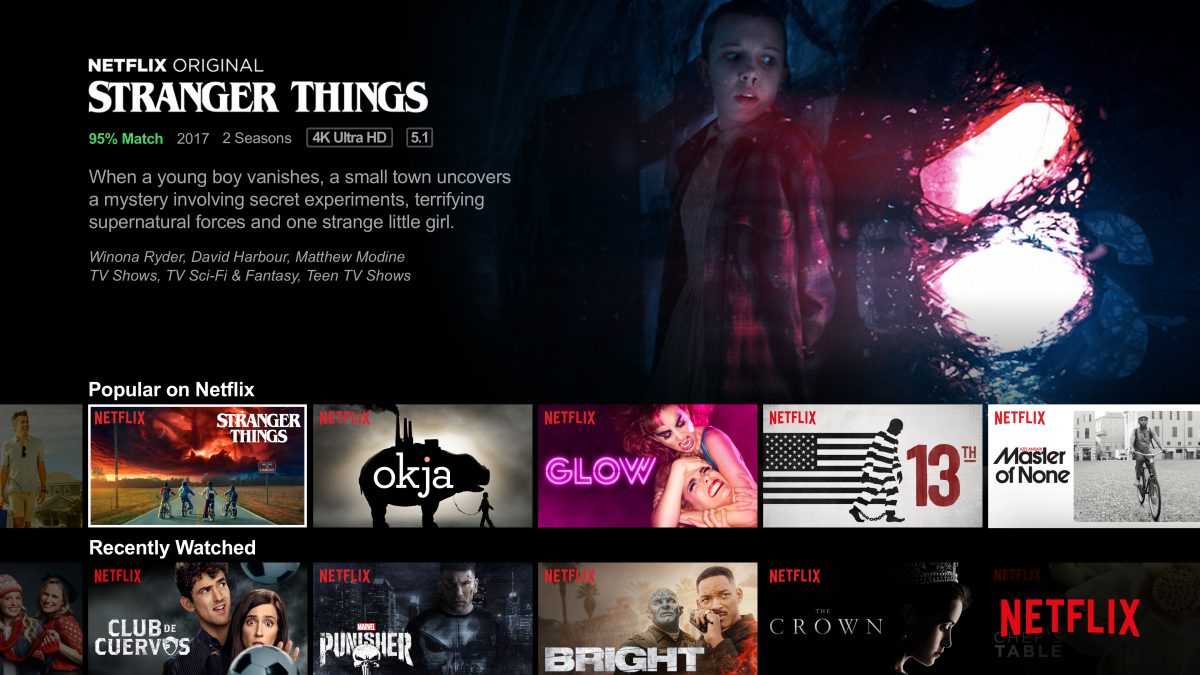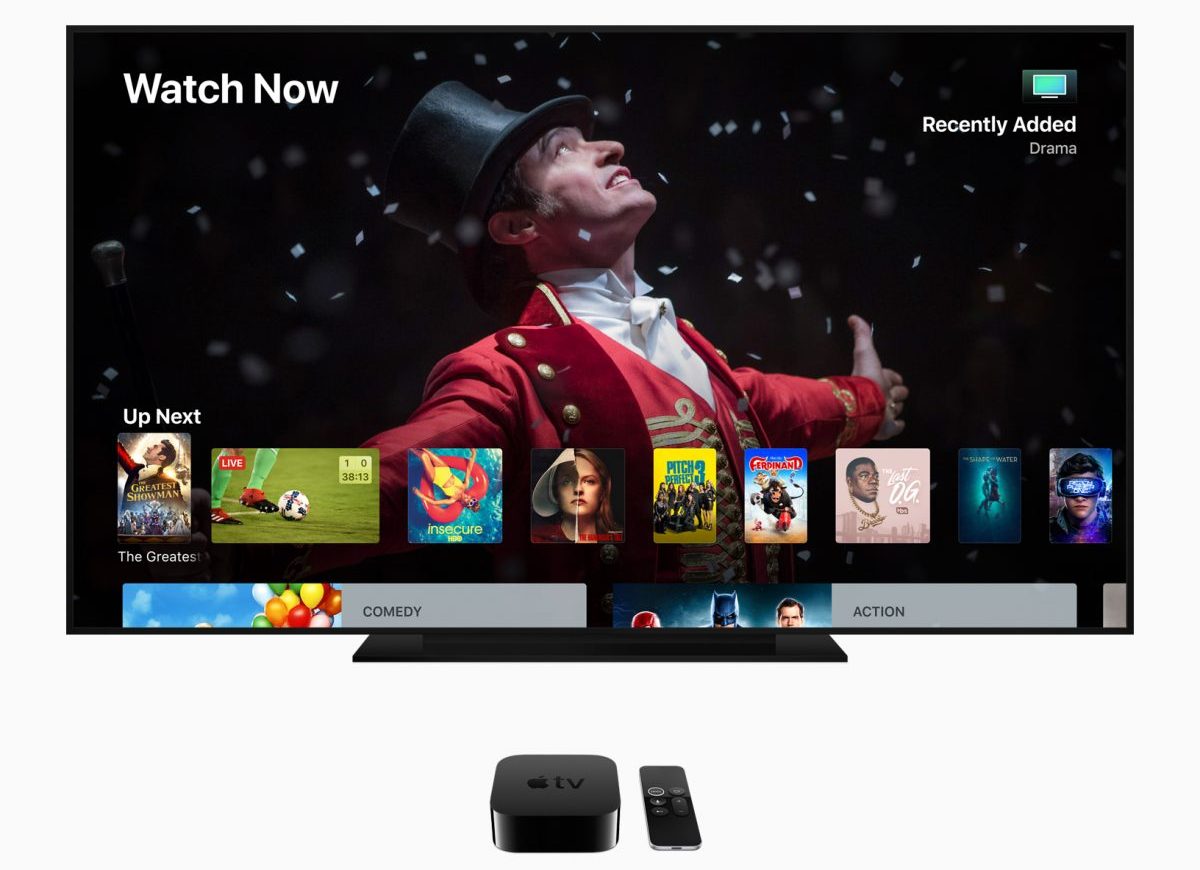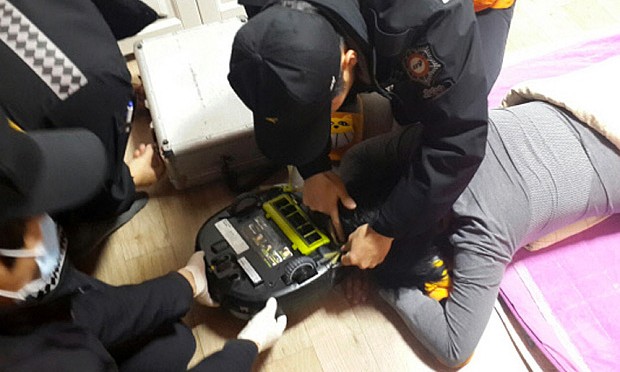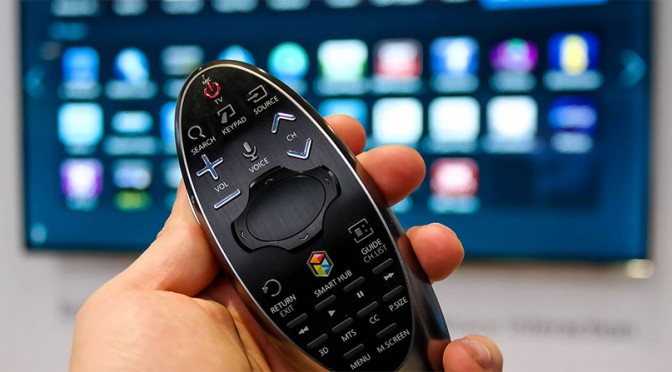Smart homes are all the rage. Thermostats, cameras, voice assistants—they promise ease and security. But there’s a catch: privacy and security risks. Let’s break it down.
Convenience at a Price
Imagine controlling your lights or thermostat with a tap on your phone or a voice command. Sounds great, right? Devices like Amazon Alexa and Google Home make life smoother and more efficient. But these gadgets need data to function, and that data includes your daily routines and private conversations.
The Hidden Cost of Data
All this convenience comes at a cost. Your smart devices collect heaps of data, often stored in the cloud. This means you’re losing control over who sees your info. Companies might share it with third parties, sell it to advertisers, or even hand it over to the government. Not so smart, huh?
Security Vulnerabilities
And let’s talk about hacking. Many smart home devices aren’t as secure as you’d think. Weak passwords, outdated software, and insecure APIs are open doors for hackers. Think your home security system is impenetrable? High-profile breaches in devices like Ring and Nest suggest otherwise.
Legal Landscape
Lawmakers are catching on. The American Data Privacy and Protection Act (ADPPA) aims to give you rights to your data. You can access, correct, and delete it. Companies must limit data collection to what’s “reasonably necessary.” Sounds good, but enforcing these rules is another ballgame.
How to Protect Yourself
So, what can you do? Be smart about your smart home.
- Strong Passwords: Use unique, strong passwords for each device.
- Update Regularly: Keep your device firmware up to date.
- Know Your Rights: Familiarize yourself with privacy laws like the ADPPA.
Real-World Incidents
Data misuse in smart homes is real. From unauthorized data collection to hacking, your private moments could end up exposed. High-profile cases have shown how easily these devices can be compromised, underscoring the need for robust security measures.
Industry Responsibility
Manufacturers also have a role to play. They need to implement strong security protocols and be transparent about data usage. Compliance with standards like the Matter interoperability and security standard can help build trust and protect user data.
Consumer Awareness
Consumers must stay informed. Understand what data your devices collect and take steps to safeguard it. Use strong passwords, update regularly, and know your rights.
Josh Gordon, a technology infrastructure expert at Geonode, emphasizes the importance of robust privacy measures: “The key to balancing convenience and security lies in understanding the data flows and ensuring that access is secure and controlled.” Gordon’s insights align with the industry’s growing emphasis on data privacy and secure access solutions, reinforcing the critical need for consumers to stay vigilant.
By staying vigilant and informed, you can enjoy the perks of a smart home without sacrificing your privacy.


